Soon, Australia will take part in its first referendum in two decades.
Around the country, Australians will be asked to consider a single question: whether to amend the constitution to recognise Aboriginal and Torres Strait Islander people by establishing a Voice.
Many Australians support the Voice. Others think it doesn’t go far enough in recognising First Nations people and restoring their rights; some believe it goes too far.
We asked a range of First Nations women to share their perspectives on the Voice.
“This change is well overdue”
Tanya Hosch is a board member of Australians for Indigenous Constitutional Recognition. She is also GM of social inclusion at the AFL.
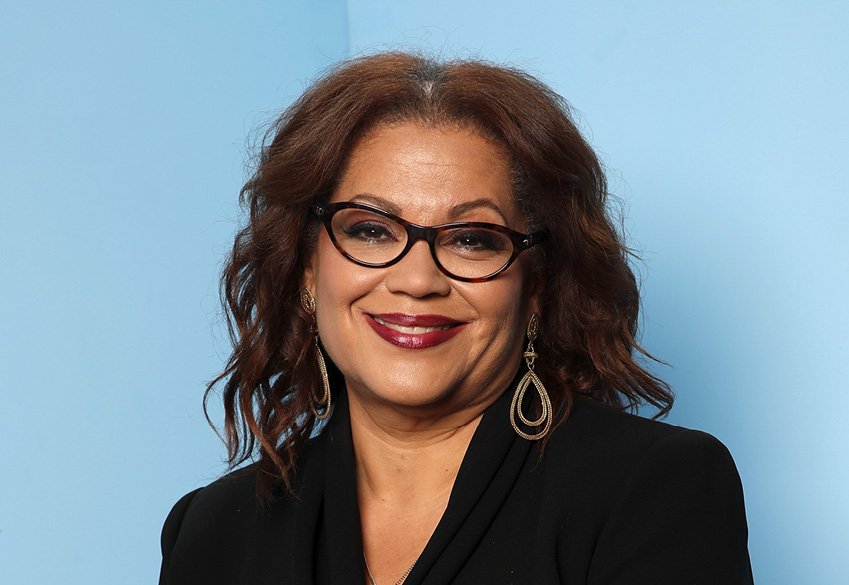

The idea that millions of Australians will go out one Saturday morning to – hopefully – say yes and recognise the first peoples in the constitution is really important. And I hope it’s the beginning of a new conversation for us as a country.
It’s important that Aboriginal and Torres Strait Island people are recognised in the constitution – and it’s well overdue. The fact that we have a constitution that recognises lighthouses and coinage and Queen Victoria but is silent about the First People of the country doesn’t seem right to me.
We have a constitution that recognises lighthouses and coinage and Queen Victoria but is silent about the First People of the country.
The Voice is important because we need a mechanism that can maintain important dialogue with government to improve accountability of government about what we need to improve the life circumstances of the first Australians.
We’ve had many other mechanisms of Aboriginal and Torres Strait Islander advice to governments, prime ministers and premiers. But they usually only last the term of a political cycle. The issues we’re talking about addressing are so entrenched that we need a permanent source of dialogue and accountability.
People are still learning about The Voice, still understanding it, and there will be a lot of Australians who know very little about this conversation that’s been taking place for a long time. People are dealing with all sorts of pressures, particularly with the cost of living, so it’s the work of the ‘yes’ campaign to make this information accessible.
But [if I could say one thing to Australians who are undecided] I would say: please be informed. And beware of misinformation. There are people who will want to confuse and create fear. But it’s really important to remember that this is a simple and modest act of recognition in the constitution of first Australians. And the form that that recognition is taking is through an advisory structure to government. That’s all; no more, no less. This is an opportunity for us as a nation to embrace something positive.
“We haven’t succeeded in Closing the Gap. So we need the Voice”
Professor Megan Davis is the Pro Vice-Chancellor Indigenous at UNSW Sydney. She is a constitutional law professor and a Cobble Cobble woman of the Barunggam Nation.
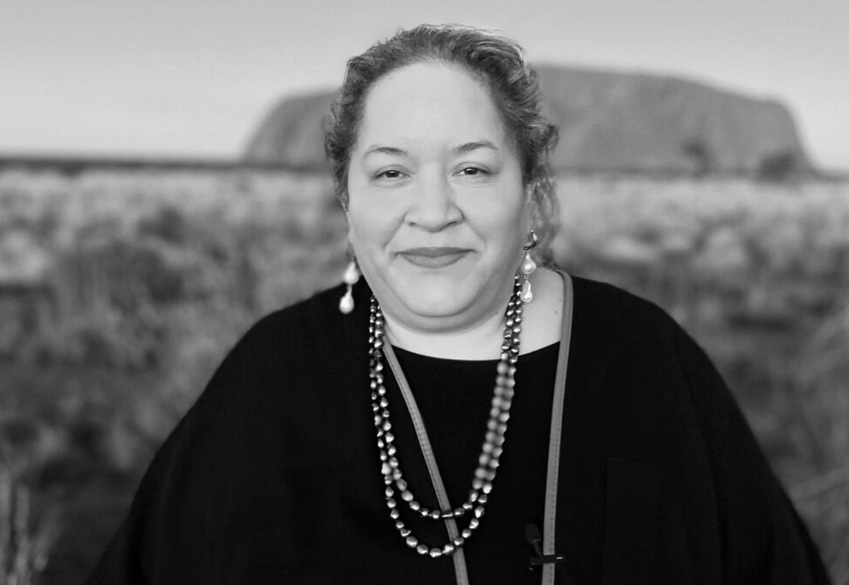

We’ve gone through a decade of Closing the Gap, and most Australians can see that nothing’s changing. We aren’t Closing the Gap anywhere near fast or consistently enough. The Voice is very much about trying something that we haven’t tried yet – and that is constitutional recognition.
In many ways, the Voice is a conventional mechanism that liberal democracies adopt to enhance Indigenous participation in democratic decision-making.
It’s quite unusual [in Australia] that there is no [such] mechanism.
If you look to places like the three Sami parliaments [the representative bodies for Indigenous people in Norway, Sweden and Finland], they’re very good examples of what a Voice mechanism looks like in terms of enhancing the participation of Sami peoples. There’s lots of Latin American examples … and in South Africa you’ve got a high-level traditional owners’ advisory mechanism that advises the parliament and government on matters relating to Indigenous peoples. There are many examples of this around the world.
On claims The Voice lacks detail
The Voice doesn’t lack detail. Detail has been released by the federal government and the referendum working group… and it has substantial detail.
But it can’t have all the detail because that’s not what a constitution does. We’re asking Australians to vote on a principle… that First Nations people should be consulted when laws and policies are made about their lives.
With all constitutional [changes], it’s generally a two-step process. There is some detail beforehand, but the bulk comes after. And one of the reasons for that is that we don’t want Australians going to the ballot box to vote on a fully fledged model that we don’t want in 2052. The model of 2023 might not fit what we need in 20 or 30 years.
On why an independent advisory mechanism is necessary
It’s really important for Australians to know that the Uluru statement was issued as an invitation to them, by our people. It’s an olive branch. It’s meant to be a unifying piece of work, which is almost treaty-like in its form.
The Uluru statement was issued as an invitation to them, by our people. It’s an olive branch.
We felt really strongly that since the politicians don’t listen to us then we’d ask all Australians to read these statements, quietly and carefully, and try to hear the call that we’re making to them.
“The Voice isn’t practical”
Cheron Long runs the Facebook page Australian Black Conservative and appears on the Fair Australia website.
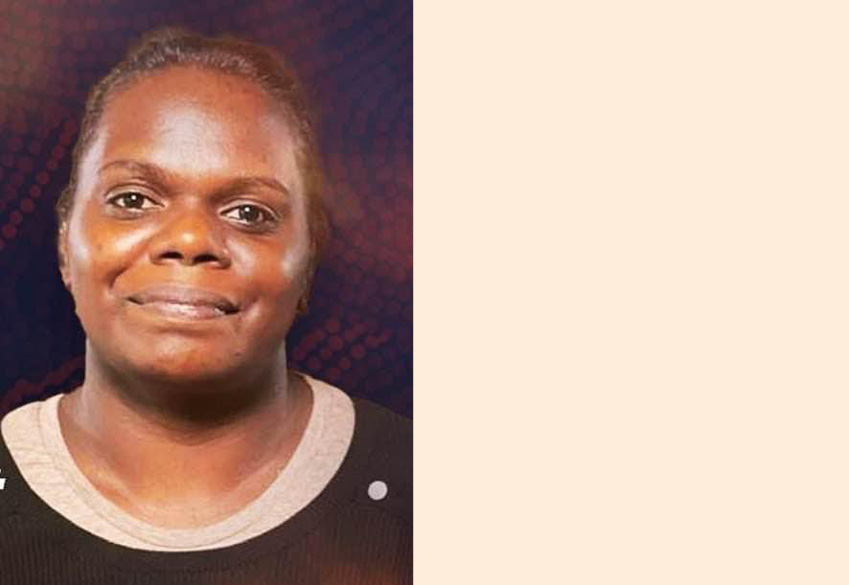

“I don’t think the Voice will change what’s happening in remote communities and small towns. It won’t address the crime crisis in those places, where Indigenous women are 35 times more likely to suffer domestic violence and young children are six times more likely to suffer sexual abuse and violence. The government needs to spend time in these communities to see what’s been happening there.
The Voice isn’t practical. It won’t help; it’s divisive and racially motivated. I don’t think there should be a separate race-based government body.
No one in my family knows about the Voice. They don’t understand how it will work or what the detail is. It’s been created by elites living in big cities, who don’t have the experience that we do. It’s not a priority for them… and the Voice isn’t going to reach them.
“My head and heart are battling over the Voice”
Celeste Liddle is an Arrernte woman and writer.
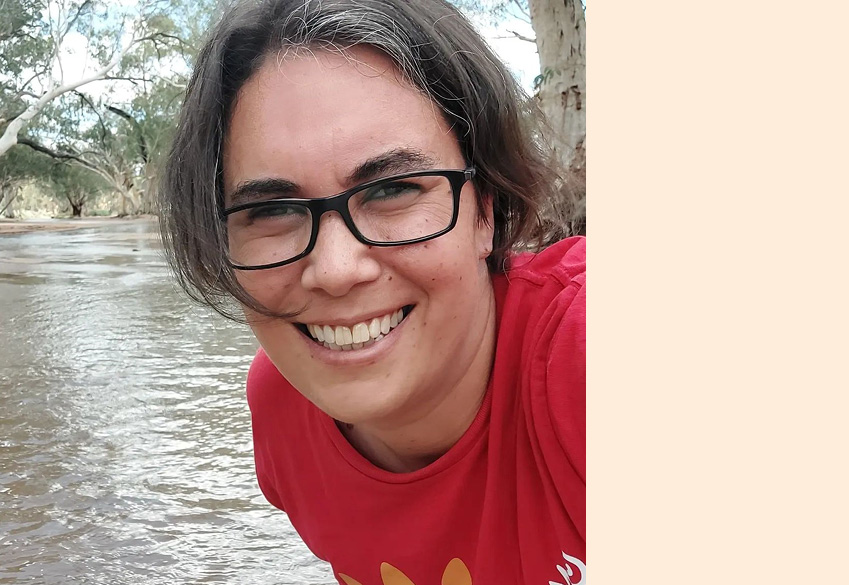

My head and my heart are having a battle over the Voice referendum. This battle comes from a long history of being engaged with the Indigenous movement as an Arrernte woman, and a strong knowledge of other political movements, of the political system, and of Australian society. As such, I’m finding myself in an “undecided” position and I’m frustrated by this.
None of this has been helped by the quality of the debate. Even though conversations within the Indigenous community are robust at this time, what is being portrayed by mainstream media is that voting Yes is the progressive position. “Yes” will mean Australia listening to Indigenous people on the policies that impact us, and will be a watershed moment for reconciliation in this country.
Conversely, we’re told that the No position is the racist and regressive one. Sure, those proponents exist. They’re out there spinning falsehoods about how changing the constitution to incorporate an Indigenous Voice will somehow divide the country giving one “race” of people more rights than others. When it boils down to it, neither of these perspectives gel with me.
Voting Yes for a Voice is, at its core, a conservative move. It accepts the status quo position that the Constitution is the primary document of governance when we could be instead preferencing treaty-making. It also keeps the power in the government’s hands. They will decide via legislation what form the Voice will take, and they will decide whether they listen to the policy advice they are given from this body. The Voice is not self-determination.
Similarly, focussing on the “racist regressive no” erases the fact that Indigenous opposition is coming mainly from community members who believe that dealing with truth-telling and treaties are the more urgent matters when it comes to achieving justice in this country. Due to decades of discrimination, abuse and broken promises, there is a deep mistrust of governments.
My head is telling me the Voice could potentially be one small step forward and if the referendum is lost then our fights for justice may be set back decades. My heart is saying, however, that we, the Indigenous community at large, deserve so much better than this.
“We need a treaty, not a powerless advisory body”
Lynda-June Coe is an activist and PhD candidate. She is a proud Wiradjuri and Badu Island Yinaa from Erambie, NSW.
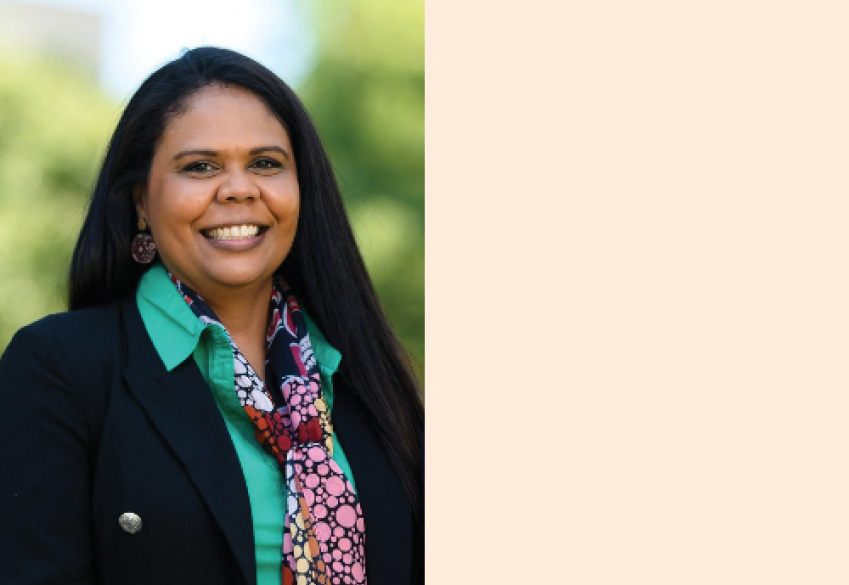

The Voice is bringing issues, like racism, to the surface. We’re really seeing attitudes change and discussions, dialogues and conversations happening in households.
But will it create structural change? I’m sceptical, given that the Voice is an advisory body that doesn’t actually have the power to make decisions. It can’t hold governments to account, and it can be excluded from important policymaking [areas], such as climate change, which really impacts our communities in terms of water rights and native title rights.
I’m a believer in treaties. First Nations people have never ceded sovereignty. We never surrendered our right to self-government and what the advisory body will do is give governments the right to rule over a sovereign people.
First Nations people have never ceded sovereignty. We never surrendered our right to self-government
That’s the real crux of why there’s a progressive ‘no’. We belong to our own nations, our own clan systems, and in accordance with self-determination we should be looking at how we can [achieve] autonomy and self-government over our lives and our affairs.
There was a lack of consultation with Indigenous communities and nations [over the Voice]. It was an exclusive process, and the methodology wasn’t in line with our own cultural governance systems. A lot of people were left out of the dialogue. I think [the Voice] will maintain the status quo… and the public should really think critically about who is to benefit from a powerless structure like the Voice.
We are a very, very patient people. We need to get this right. If the current Labor government doesn’t have the political will to get a treaty right then I’m of the opinion that we should wait for the next wave of change-makers to come through and lead this country in a way that ensures that racial equality is at the forefront of national policy.
“The Voice will help prevent policies that damage First Nations people”
Rachael McPhail is the founder of Place Names In Addresses, which successfully petitioned to Australia Post to include traditional place names on mailing addresses.
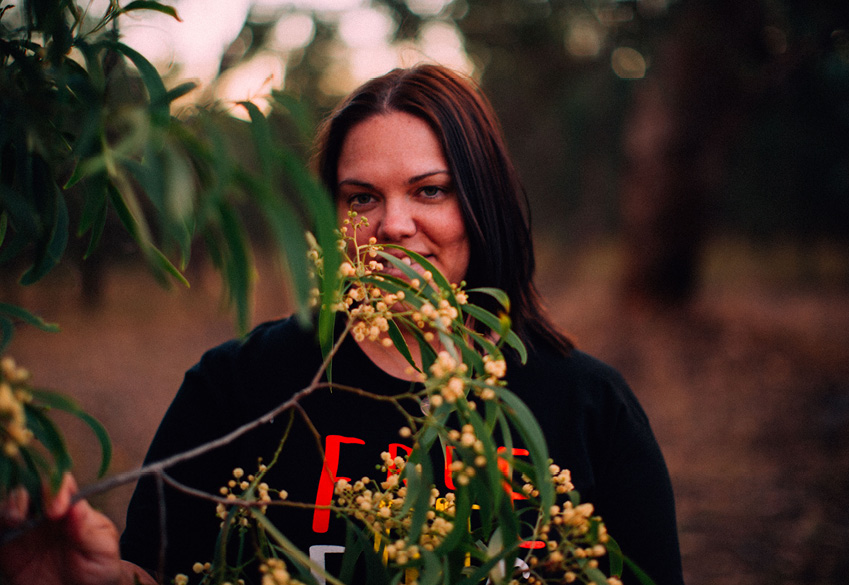

I’m voting yes because I believe in systemic change. I believe that the Voice is a way for First Nations people to not only have a seat at the table but to build the table and to have a say about how things are designed in the future as well.
Our family was impacted, generations ago, by government policies that led to dislocation and disconnection from community and Country, meaning that I didn’t get to grow up knowing my culture. The Voice is the first step in a process to having more [input] into government policies and being able to prevent horrible government policies from happening again.
Once the referendum goes through, I’m looking forward to seeing how the consultation process works in terms of designing the framework, deciding how many representatives there are going to be and how the Voice can represent communities.
I wouldn’t presume to tell others how to vote. However, if you believe in equity, that all people living in this country should have equal opportunities, and you can see the vulnerability that Aboriginal and Torres Strait Islander communities have experienced then [I believe] the first step in the road to change is the Voice.
To find out more about the referendum, visit the government website, The Voice.
Want more stories like this? Sign up to PRIMER’s weekly (free) newsletter.




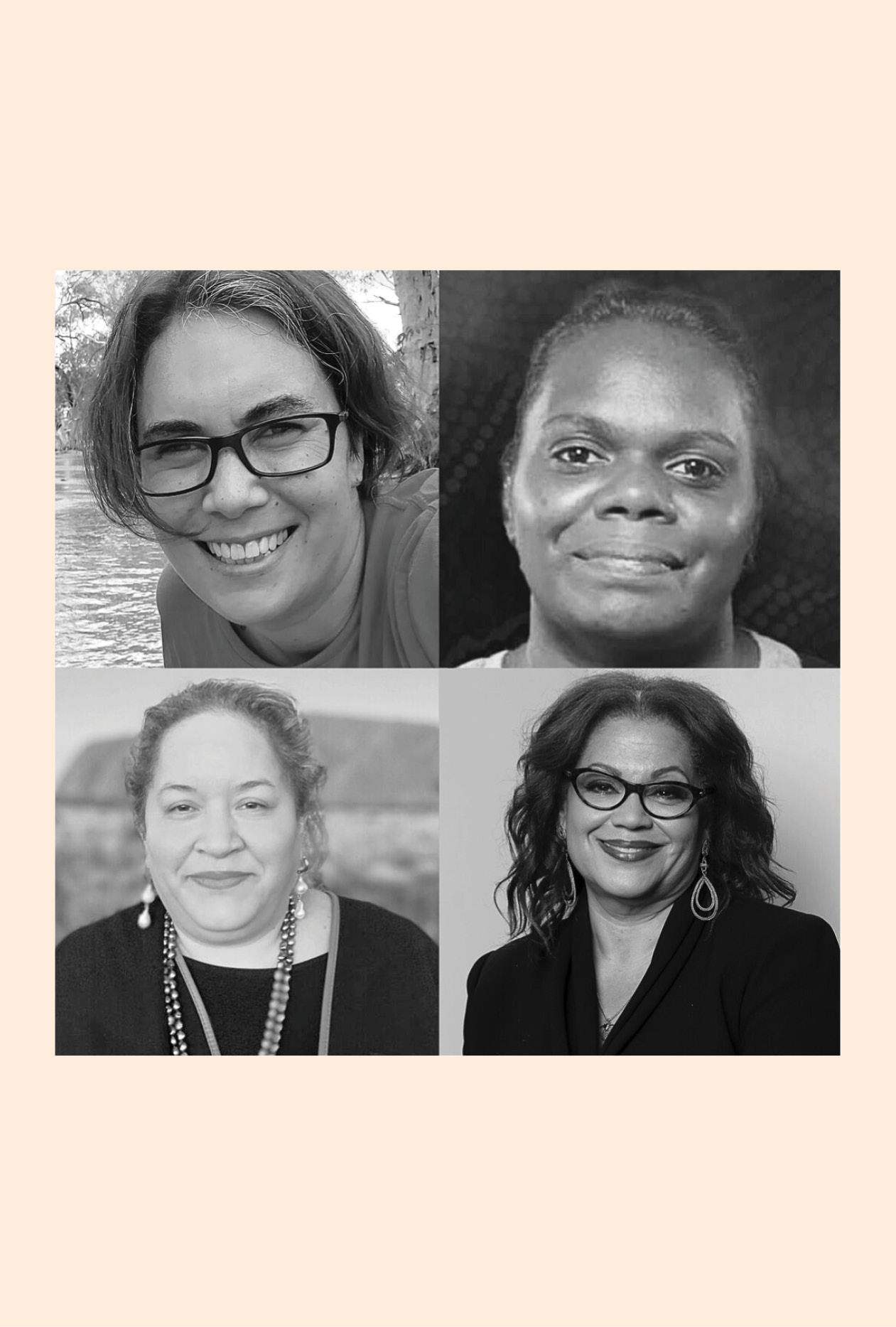
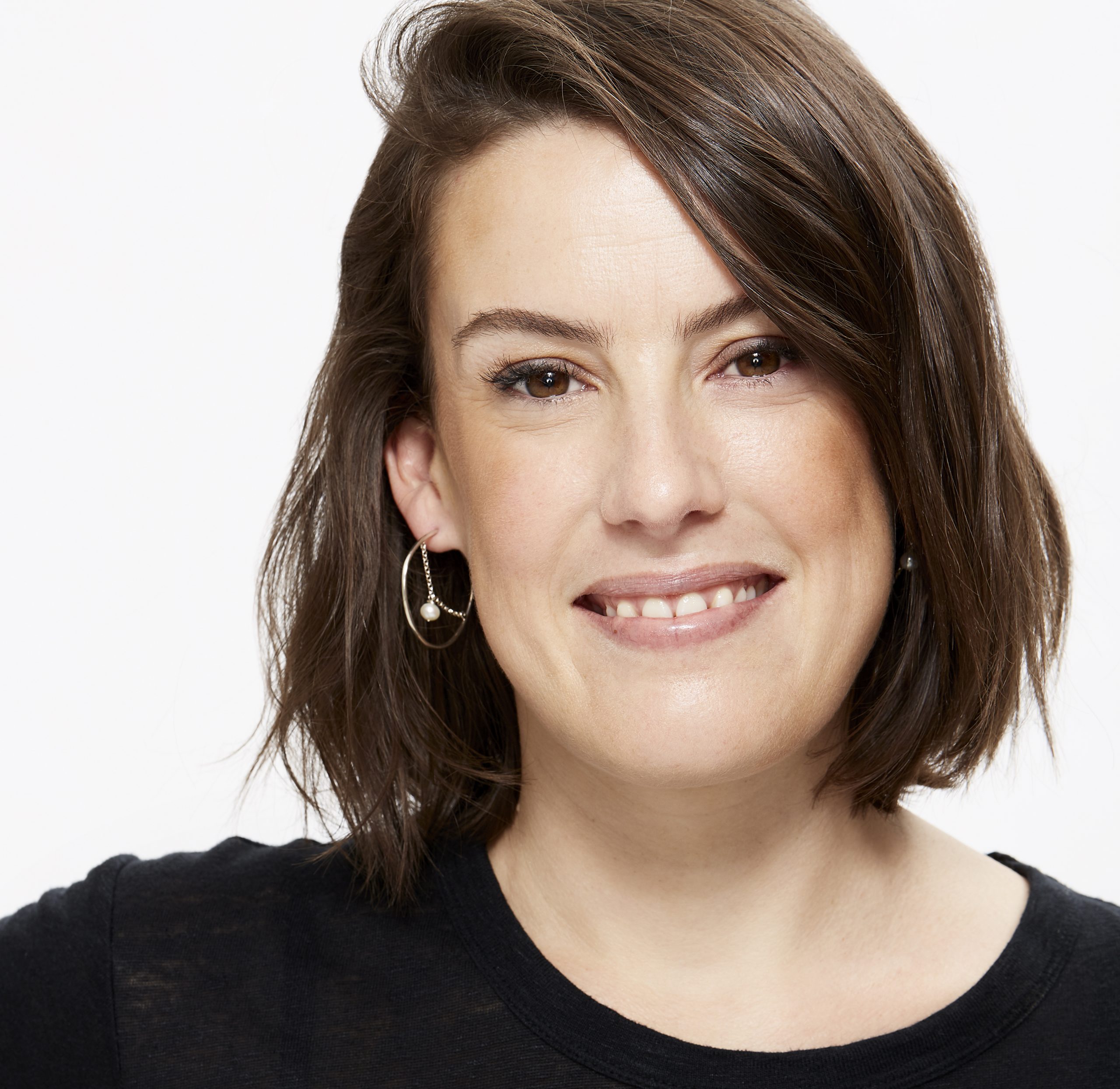

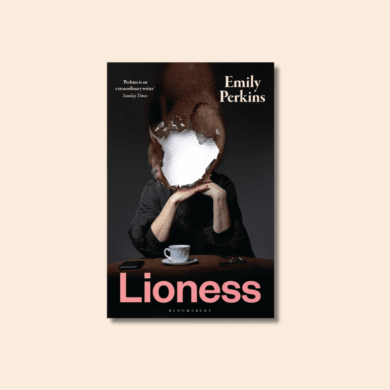
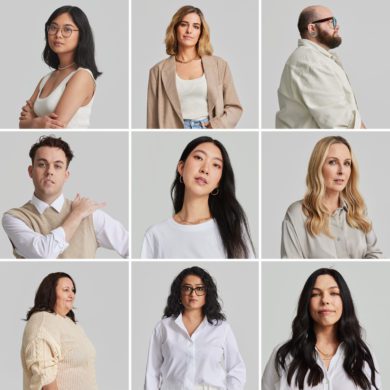
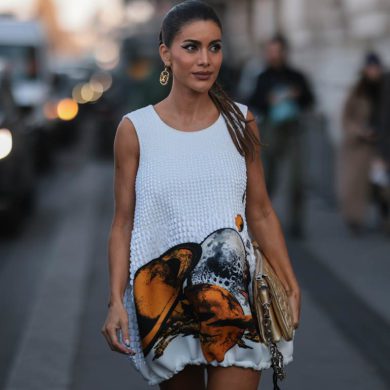

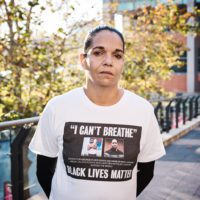
No Comments